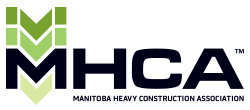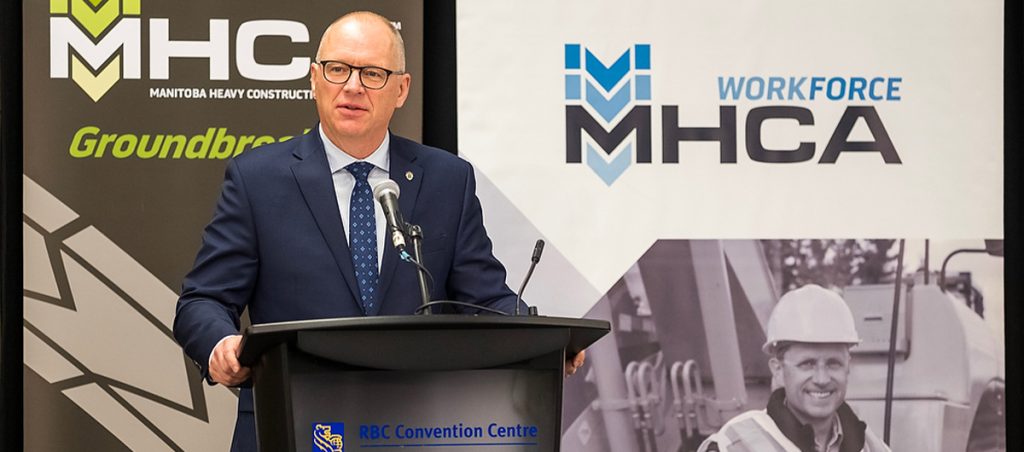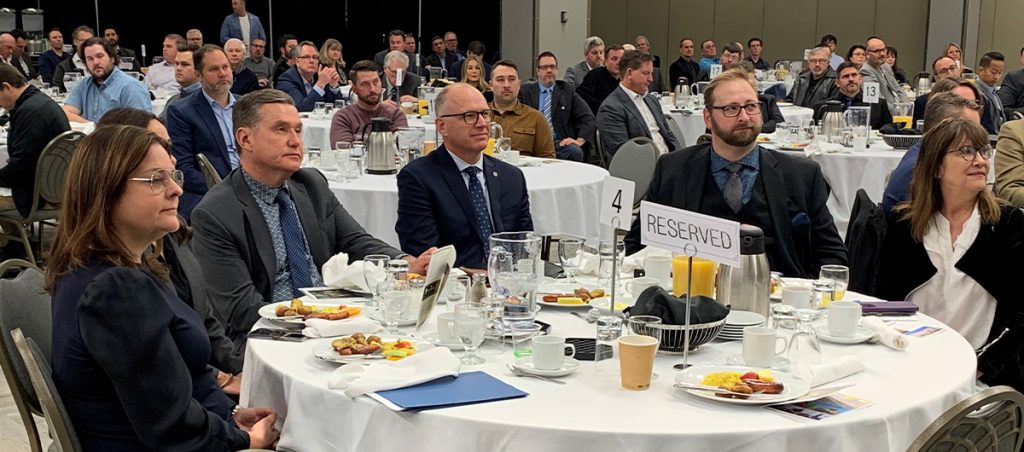Move from shovel-ready, to “shovel worthy” investment in trade infrastructure: CWF report
Canada’s funding of “shovel-ready” infrastructure projects, rather than through a long-term strategy that prioritizes projects with the highest return to the GDP, has damaged the country’s reputation as a reliable trade partner, says a new report out of Canada West Foundation.
The report From Shovel Ready to Shovel Worthy, released May 10, says the lack of strategic investment planning – identifying, with criteria for nationally significant projects, the infrastructure assets we need to elevate Canada’s trade productivity — has hampered economic growth.
Canada’s governments need to agree on prioritizing “shovel worthy” infrastructure projects for investment, to support trade, which is responsible for 65% of the national GDP.
“Today’s issues with the country’s trade network of roads, bridges, air and sea ports have been in the making for more than a decade,” it notes. “As a consequence, the problems are more deeply rooted and threaten to imperil recovery from the pandemic and, even more importantly, Canada’s longer-term economic growth.”
Too often, the approach to investing in trade infrastructure has defaulted to funding infrastructure projects because they are ‘shovel-ready’ without consideration of the project’s priority, its ability to produce maximum return on investment, or whether its long-term value can increase supply-chain competitiveness, the report explains.
This report synthesizes the problems that have been growing for years with our ability to move people to jobs and goods to market, said Chris Lorenc, President of the Manitoba Heavy Construction Association, who also serves as President of the Western Canada Roadbuilders and Heavy Construction Association
“We know that for every $1 invested in trade transportation infrastructure, the GDP boost is $1.30, often in the same year,” Lorenc said. “Our national trade gateways and corridors are in real need of a long-term strategic investment plan.”
The WCR&HCA helped initiate the report and is among a number of stakeholders engaged in its preparation and release. In addition to circulating the Shovel Worthy report to stakeholder partners and political offices, the WCR&HCA is working with Canada West Foundation and the Canadian Construction Association to ensure the report gets attention in the federal and provincial governments.
The report makes clear the shovel-ready default approach to infrastructure investment programs is a serious problem that cannot be solved by short-term fixes or ad-hoc consultations. Canada has, in the past, set out strong programs that focused intentionally on building seamless trade transportation networks, so the solution doesn’t have to be cut from whole cloth, the report notes
Further, other countries, against whom Canada competes for the share of global markets, have already laid down foundational infrastructure planning and investment programs that can be emulated.
“The country needs to follow the successful path taken by its competitors and lay the foundations, structures and institutions to replace uncoordinated shovel ready decisions with a shovel worthy national plan as the default framework to guide infrastructure decision making.”
Drawing on the best features of well-established national plans of competitor countries together with Canada’s own program successes, like the previous Asia-Pacific Gateway and Corridor Initiative and Transport Canada’s current Regional Transportation Assessments, offers Canada a shortcut back to trade infrastructure excellence.
Building blocks for Canada’s first national plan for trade corridor infrastructure
- Define Canada’s national trade corridor network to put all levels of government and industry on the same page.
- Bring the private sector to the table as an ongoing contributor of sophisticated supply chain expertise and front-line operational experience to complement the best features of public-sector policy.
- Apply criteria of national significance to guide the planning process and decision-making. 04 Develop an “evergreen,” decades-long pipeline of national infrastructure projects.
- Undertake regular assessments of infrastructure projects in relation to established criteria.
- Begin a new forward-looking approach to the collection of data and use of forecasting and modelling tools.
- Coordinate the communications of domestic infrastructure working groups and aggressively share progress on the above recommendations with industry and foreign customers.
The report was endorsed by a number of associations and organizations concerned with the current investment, the lack of coordination and planning on a long-term strategy and the state of the federal trade corridors fund.
“Canada’s infrastructure must be a genuine investment that is based on clear priorities and measurable economic returns,” said Perrin Beatty, President of the Canadian Chamber of Commerce.
“As we plan new critical infrastructure to move our people and goods, we need to build for the future and not simply address today’s needs. Above all, we require approval processes that are transparent and fair, but that also allow projects to be undertaken much more quickly and efficiently. We must act now to ensure Canada does not fall further behind our competition.”








